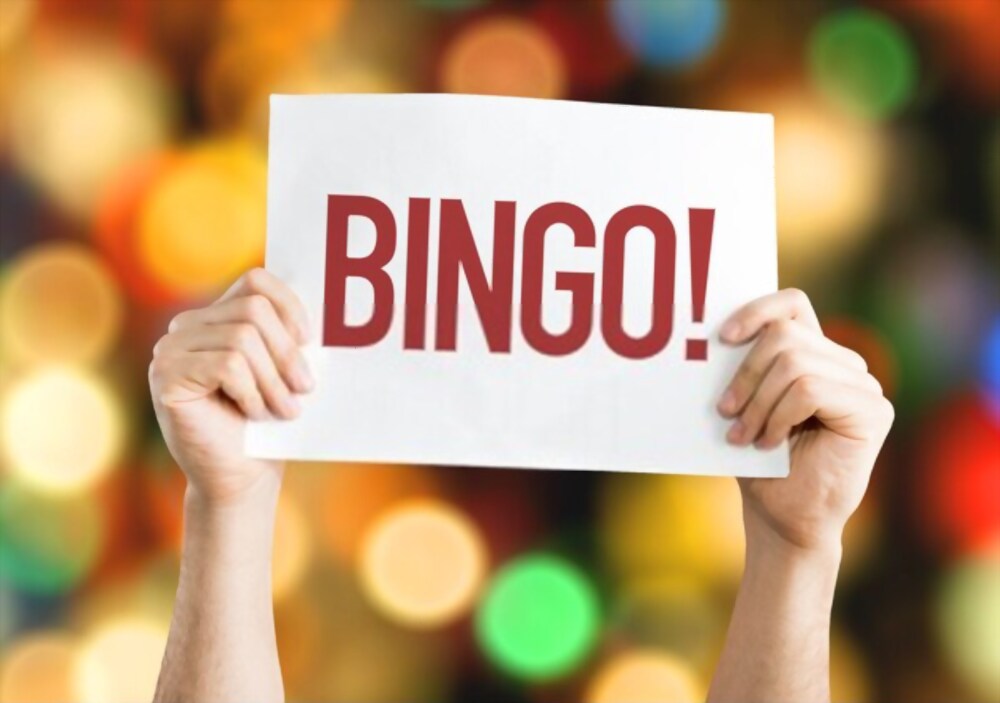Dummies guide to Bingo Calls
While the actual gameplay of bingo online might be quite straightforward, due to the fact that numbers are produced via a random number generator (RNG) and then crossed off automatically on your ticket if you already have them, traditional bingo can require a lot more concentration.
This is because of the many different calls that you have to listen out for during a game which relate to most of the numbers. If you are not aware of them and what they are it could mean that you miss them. We are going to guide you through the most common ones to give you an idea of what to listen out for next time you play!

The more common bingo calls
Without a doubt, whether you are a beginner or not, there are definitely at least a couple of bingo calls that you will be familiar with or can recall hearing at some point. Perhaps the most obvious one that many will have heard is the “two little ducks” which relates to the number 22 – so named because a two looks like a little duckling. Logically, it means that the “one little duck” represents a number two.
Then there is the “knock at the door”, which represents the number four, perhaps so named because a big part of the working class culture in the 1960s in England had a very neighbourly vibe to it, with people often “nipping next door” to see their friends.
Another which many will have heard and which is perhaps the joint most common along with “two little ducks” is “two fat ladies”. For those who don’t know, this stands for the number 88 because of there being a belief that they resemble two fat ladies.
Rounding off this section is another that you will be familiar with and that is “legs eleven” relating to the fact that a number 11 looks like two long legs, often a nickname for a person who had particularly slender legs.
More Curious Bingo Calls
While there are those bingo calls that are perhaps self-explanatory there are definitely quite a few which could be classed as more obscure in their meaning, though which have some kind of tie in which makes you think. For example “The Lord is my shepherd”, which is the number 23, has a religious connection because this is the first phrase of psalm 23 in the Old Testament of the bible.
Then, perhaps even more obscure is the “down on your knees” which doesn’t quite rhyme with the number 43, but which has a military reference; a phrase often used by soldiers in the war.
Probably one of the most curious is the “PC” call which is associated with the number 49. This is so-called because it refers to an old British television programme which followed a main character called PC 49 about a fictional police constable who solved cases and aired between 1946 and 1953.
The call for the number 52 which is “Danny La Rue” refers to the famous Irish cross-dressing singer and entertainer who rose to prominence during the 1940s.
When you hear the call “here comes Herbie”, look out for the number 53 on your ticket. The story behind this is that 53 was the number of the VW Beetle car (called Herbie) that featured in a number of Walt Disney films in the 1960s. If you hear this call, it is often customary to respond with a “beep beep”.
Summary
The rest of the bunch are, admittedly quite obvious to understand due to their literal clue; “end of the line” for example refers to the number 90, while “unlucky for some” naturally conjures the number 13 in your head. If you can remember the ones that we have covered though, you will get on just fine and be a bingo professional in no time at all. On that note, it’s “time for tea” (83)!
